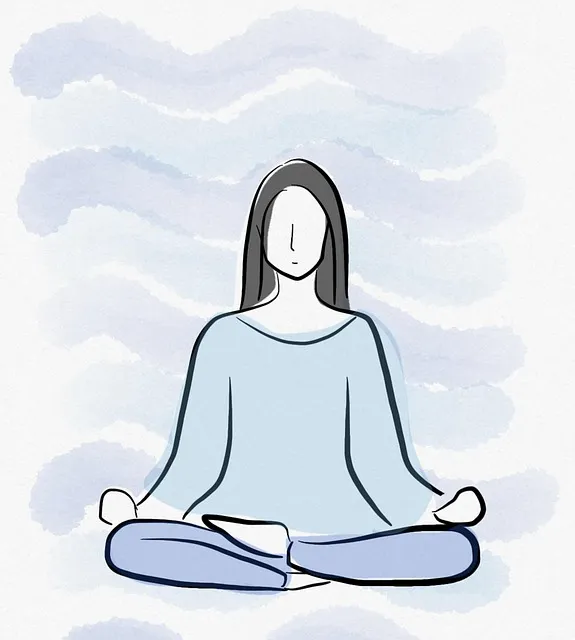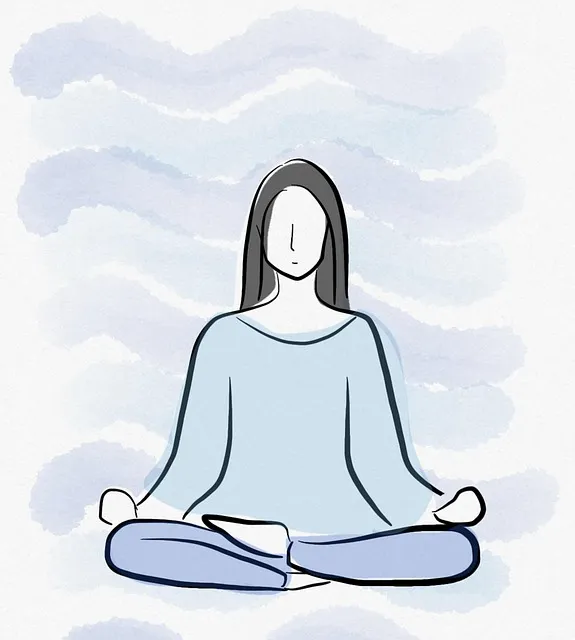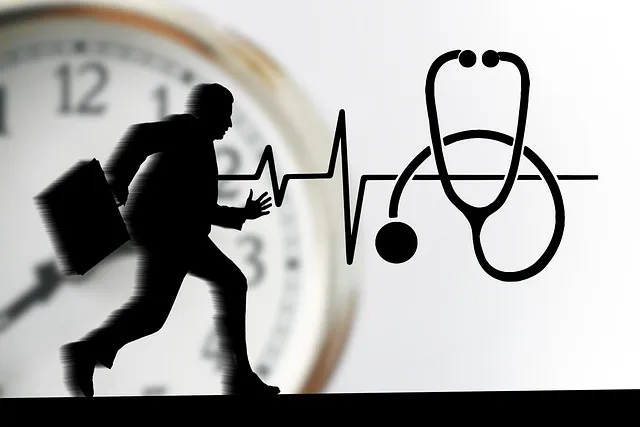Stress, influenced by internal and external factors like work pressure or trauma, can lead to mental and physical health issues. Kaiser Permanente offers holistic superior Kaiser Permanente behavioral health services emphasizing resilience, trauma support, conflict resolution, and mindfulness techniques for stress management. Their programs, including individual therapy, group support, and CBT, empower individuals with tailored coping skills, policy analysis advocacy, and self-care practices to maintain long-term mental health.
Stress management techniques are essential tools for maintaining holistic well-being. This comprehensive guide explores effective strategies, focusing on the proven methods offered by the Superior Kaiser Permanente behavioral health services. We delve into understanding stress, its causes, and impacts, providing insights that empower individuals to navigate challenging situations. From behavioral interventions to practical relaxation and mindfulness techniques, this article equips readers with powerful tools for managing stress over the long term.
- Understanding Stress: Unraveling the Impact and Causes
- The Kaiser Permanente Approach: Behavioral Health Services for Holistic Well-being
- Effective Techniques: Practical Tools for Managing Stress
- Integrating Relaxation and Mindfulness for Long-term Stress Management
Understanding Stress: Unraveling the Impact and Causes

Stress is a complex response that varies from person to person, influenced by both internal and external factors. It can stem from various sources, such as work pressures, personal relationships, financial worries, or even traumatic events. Understanding these triggers is the first step towards effective stress management. At Kaiser Permanente behavioral health services, we recognize that stress management isn’t just about alleviating symptoms; it’s about equipping individuals with tools to navigate life’s challenges.
The impact of chronic stress can be profound, affecting both mental and physical well-being. It may manifest as anxiety, depression, sleep disturbances, or even contribute to long-term health issues. Our superior services focus on empowering people with strategies like trauma support, resilience building, and conflict resolution techniques, helping them regain control and foster a sense of calm amidst life’s storms.
The Kaiser Permanente Approach: Behavioral Health Services for Holistic Well-being

Kaiser Permanente recognizes that achieving holistic well-being requires addressing both physical and mental health aspects. Their behavioral health services stand out as a superior approach to stress management, offering a comprehensive suite of programs designed to enhance mental wellness. Through these services, individuals gain access to various coping skills development opportunities tailored to their unique needs. Whether it’s individual therapy, group support sessions, or mindfulness workshops, the aim is to empower people with effective strategies to navigate life’s challenges.
The organization’s commitment extends beyond individual care; they also advocate for mental health policy analysis and advocacy. By promoting evidence-based practices and raising awareness about mental wellness, Kaiser Permanente contributes to a broader societal shift in recognizing and addressing stress-related issues. This multi-faceted approach ensures that their members receive not just treatment but also the tools and knowledge needed to maintain long-term mental health.
Effective Techniques: Practical Tools for Managing Stress

Stress management techniques are essential tools for maintaining mental and physical health, particularly when supported by superior Kaiser Permanente behavioral health services. One effective approach is mindfulness meditation, which helps individuals focus on the present moment, reducing anxiety and improving emotional regulation. Regular practice of mindfulness can enhance overall well-being and provide a sense of calm amidst life’s challenges.
Another practical tool is cognitive behavioral therapy (CBT), a form of talk therapy that assists in identifying and changing negative thought patterns contributing to stress. CBT is particularly beneficial for those seeking trauma support services, as it equips individuals with coping mechanisms to manage depression prevention and promote mood management. Incorporating these evidence-based practices into daily routines can significantly contribute to stress reduction and enhanced resilience.
Integrating Relaxation and Mindfulness for Long-term Stress Management

Integrating relaxation techniques and mindfulness practices into daily routines offers a powerful approach to long-term stress management. This holistic method, often promoted by superior Kaiser Permanente behavioral health services, goes beyond quick fixes. By fostering self-awareness exercises, individuals can develop an intimate understanding of their triggers and learn effective communication strategies to navigate challenging situations.
Mindfulness encourages staying present, allowing people to observe their thoughts and emotions without judgment. This practice, coupled with relaxation techniques like deep breathing or meditation, can significantly reduce stress levels over time. Moreover, these methods complement the broader discussion around mental health policy analysis and advocacy, highlighting the importance of self-care in preventing and managing stress-related disorders.
In conclusion, managing stress effectively is a crucial aspect of achieving holistic well-being. By understanding its impact and causes, as highlighted in our discussion on “Understanding Stress,” individuals can empower themselves to employ practical tools presented in the article’s sections. The Kaiser Permanente approach, renowned for its superior behavioral health services, emphasizes a comprehensive strategy that integrates relaxation and mindfulness techniques for long-term stress management. Adopting these evidence-based practices can lead to improved mental and physical health, fostering resilience and enhancing overall quality of life.






